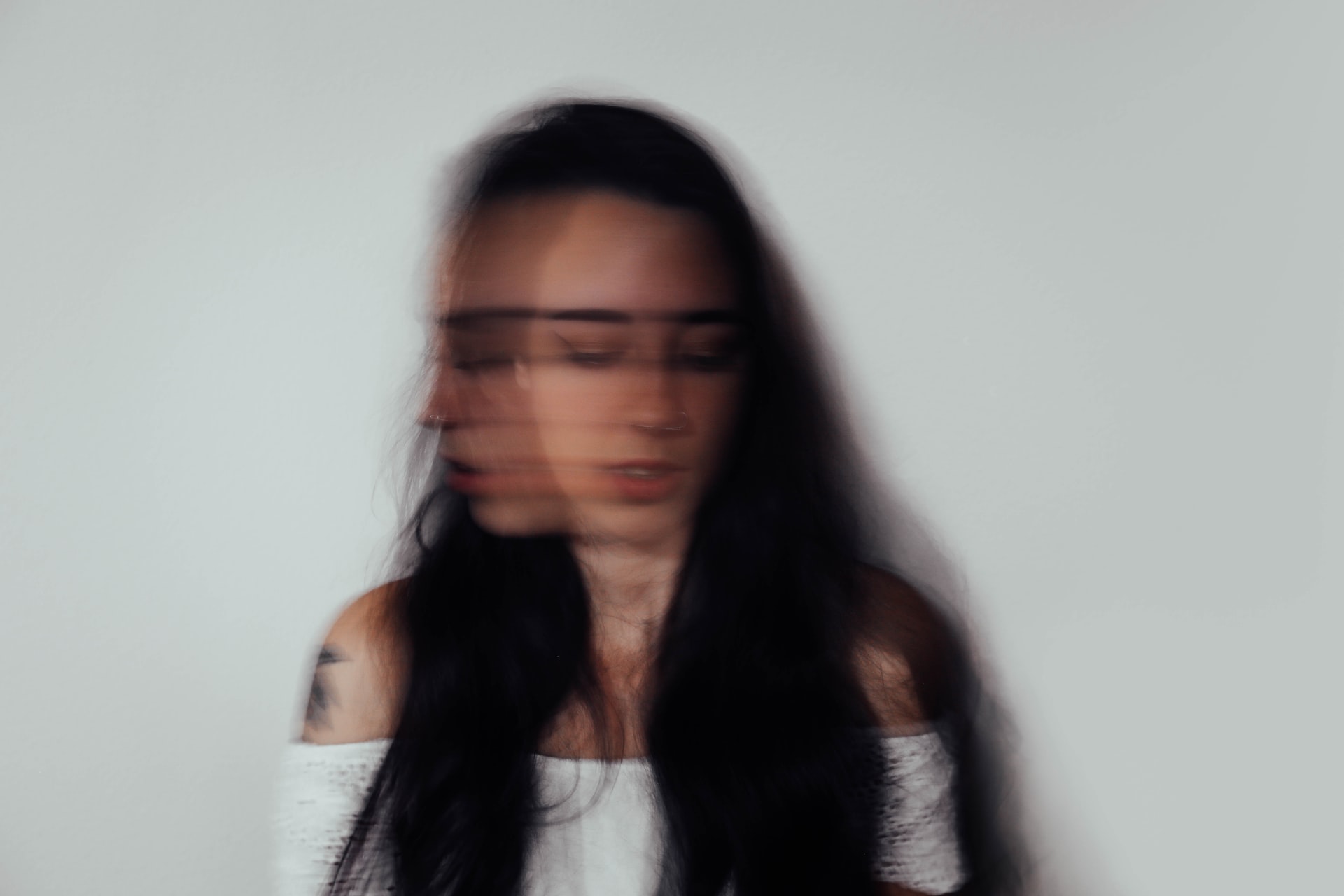
Body + Mind is reader-supported. We may earn an affiliate commission when you buy through some of the links on our site.
Anxiety is an increasing problem. The pandemic saw a 25% increase in incidents of this disorder, and soaring inflation means the issue hasn’t subsided since the vaccine’s arrival.
Unfortunately, relatively few people with this disorder get the help they need. Over half of adults with mental illnesses receive no treatment, nor do 60% of adolescents. Socioeconomic factors and a lack of adequate health insurance too often prevent individuals from seeking care.
It’s unfortunately understandable if you have to manage your disorder alone. Fortunately, holistic remedies can make your condition easier to bear. Here are eight mental health tips for anxiety.
It’s the day of your big presentation — and you can’t find your phone. Panicked, you scour the house, making yourself late in the bargain. The entire ride to work, your stress levels go through the roof, worsening your anxiety symptoms.
Here’s the biological reality: it’s far harder for you to focus when you’re frantic. That leads to careless mistakes like misplacing your keys that cause further panic. Give yourself the gift of organization — your future self will thank you:
Yoga enthusiasts know that pranayama or breathwork is one of the most important parts of any class. It focuses on mindfully controlling the duration, frequency and timing of each inhale and exhale.
Why is it so important? Breathing is one of the best ways to calm an overexcited nervous system and tap into your parasympathetic side, your body’s signal to relax, rest and digest. When you panic, your breathing becomes shallow. Consciously elongating each inhale and exhale gradually induces calm, although it might take a few minutes.
There are dozens of breathing techniques you can use. One of the simplest is simply using a 5:5 count. Inhale for a count of five and exhale the same length until your jitters reduce.
Can the foods you eat influence your mood? Absolutely. Scientists learn more about the gut-brain connection every day, but they now believe regulating your intestinal microbiota could help improve anxiety symptoms.
What should and shouldn’t you eat? In general, it’s best to avoid ultra-processed foods. Why? Researchers suspect that overconsumption of such products often triggers systemic inflammation, a culprit behind many diseases, including those affecting your brain.
Some foods may help you battle anxiety. Why not add more of these to your plate and mindfully observe their effects?
Exercise is one of the best natural remedies for anxiety. Why? It lets you mitigate excess stress hormone levels like nature intended — tapping into your “fight or flight” response. Your body doesn’t know if you’re wrestling a lion or wailing on a punching bag; the effect is the same.
However, you should keep your workouts under an hour and average in intensity for best results. Exercise also promotes a stress response, dropping adrenaline and cortisol levels when you complete your fitness routine. Excessively vigorous or prolonged activity can raise cortisol levels, provoking the opposite reaction and exacerbating existing imbalances. As in most things, moderation is key.
Before modern medicine existed, people turned to nature for treatment. Many of the compounds in such plants are key components of many of today’s allopathic remedies. However, there’s nothing wrong with trying natural herbs if you don’t have meaningful access to prescriptions.
Pro-tip: Herbal medicine works much like traditional in that not every remedy works in a pinch. You have to take some long-term to appreciate the effects, so please don’t give up after one serving fails.
What are the best herbs to use for anxiety? Add some of these to your teapot.
Additionally, you might want to add adaptogenic herbs to your mix. What are those? These plants protect against the effect of oxidative stress, battling some of the inflammation that might keep other remedies from working as effectively. Some popular ones to try include:
Yoga is perhaps the ultimate form of exercise for people with anxiety because it unites the benefits of deep breathing with physical movement to double the perks. Please don’t think you can’t get an invigorating experience this way — step into an Ashtanga or vinyasa class, and you’ll be sweating plenty by the time your session ends.
However, you can also find less vigorous forms. Hatha is a great starting place for many beginners because it allows you to master poses without flowing through them too quickly or holding them for an extended period. Gentle yin and restorative classes are glorious when you have chronic pain or simply want to stretch yourself calm before sleep.
Have you heard of floatation therapy? This treatment encloses you in what’s essentially an aquatic sensory deprivation chamber where you float blissfully in warm waters, free from the excess bombardment of stimuli that ramps up anxious feelings in many. It costs between $75 and $100 on average for a 30-minute session.
However, you can imitate the effects at home in your bathtub. Close the door, light some electric candles — real ones are too risky if you fall asleep — and dim the lights. Consider adding some soul-soothing solfeggio music, as the water may amplify the effect of the frequencies. A pair of waterproof headphones helps you shut out any outside noise that might disturb your otherwise peaceful bliss.
Can inhaling your favorite fragrance ease panic? Perhaps. How does aromatherapy work? Researchers believe that the scent molecules travel from your nose to your brain, where they activate your amygdala, which impacts emotional regulation.
What are some of the best scents? Many of them are similar to the herbs you ingest:
Rates of anxiety continue rising. Unfortunately, not everyone has access to a therapist’s couch or medication. That doesn’t make their conditions less severe.
Try these eight mental health tips for managing your anxiety. A single or combination approach may work best; experiment until you find the right treatment regimen.